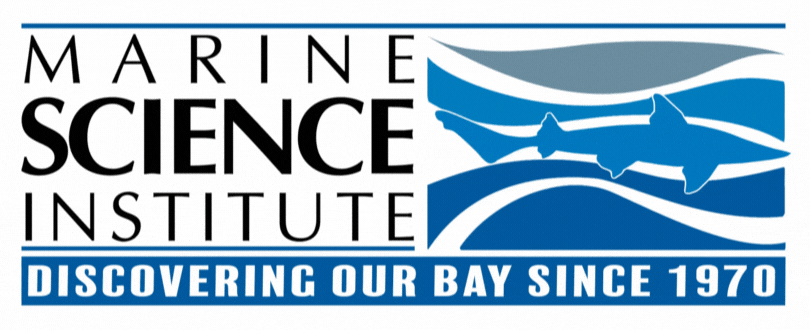Marine Science in the News: Bioplastics Part 2
- Alex Lee, Camp Manager

- Dec 12, 2017
- 2 min read
Updated: Feb 7, 2018
Need a refresher from our Bioplastics Part 1 blog? Click here.
Plastic is cheap, flexible, strong, moisture resistant, durable and extremely versatile. Used in everything from food packaging to furniture to life-saving emergency rescue and medical equipment, there is no doubt that plastic production has been a successful and dominant industry. Our tremendous attraction to plastic has grown since the first synthetic polymers were invented in 1869 with global production and consumption continuing to rise over the last 60 years.
It might be cheap and convenient for everyone but plastic’s reputation has been steadily declining for the last few decades. Something strong that doesn’t weather or break down easily comes with a cost! Plastic is made of synthetic compounds most commonly derived from petrochemicals (chemical products from petroleum). They don’t go away! Nearly all of the plastic ever created still exists in some form today. With anxiety about waste increasing and the awareness of plastic’s inability to disappear from the environment, new developments have been made to find a solution: bioplastics.
Bioplastics are defined as a plastic that is biodegradable, has biobased content, or both (source: Society of the Plastics Industry Bioplastics Council). Biobased plastic is made from renewable resources instead of fossil fuels; renewable resources include corn, potatoes, rice, sugarcane, wheat and vegetable oil.

That sounds great, right? Unfortunately the names "bioplastic" and "biobased" are quite vague: a plastic that is made partly of fossil fuels and of renewable materials still fits under the "biobased" umbrella. Talk about a partial truth term!
While we were researching bioplastics we came across quite a bit of information that we thought might clear some things up. Tune in next week as we break down some terms, misconceptions and those tricky trigger words used to market and advertise "green" and "bio-" products to the public.







Comments